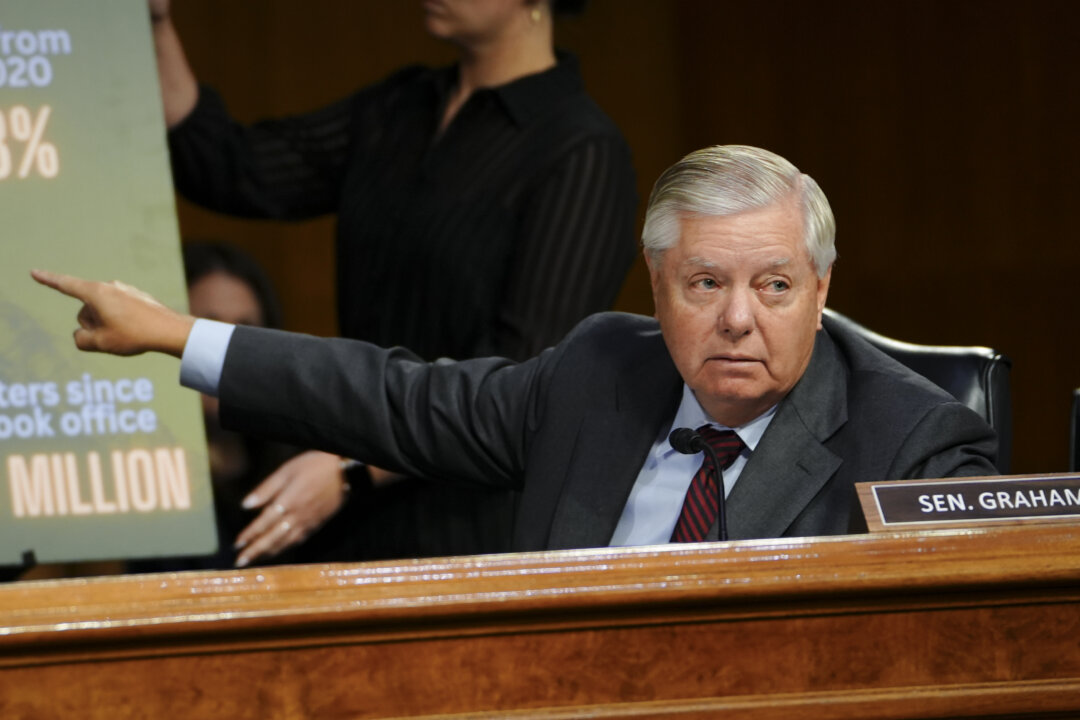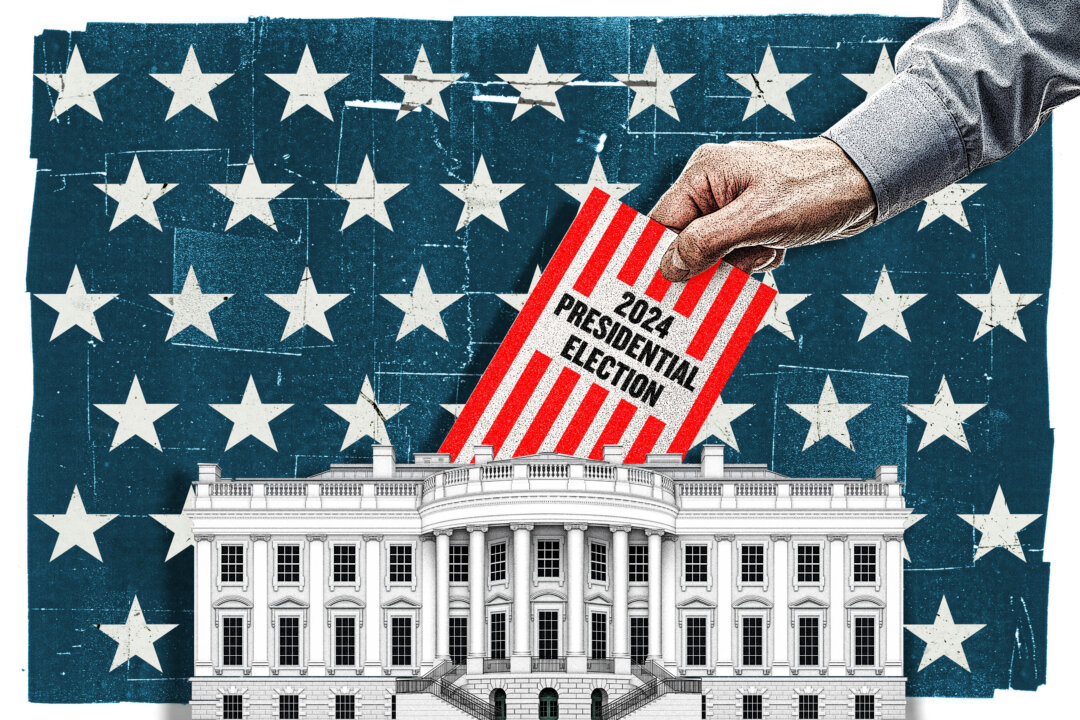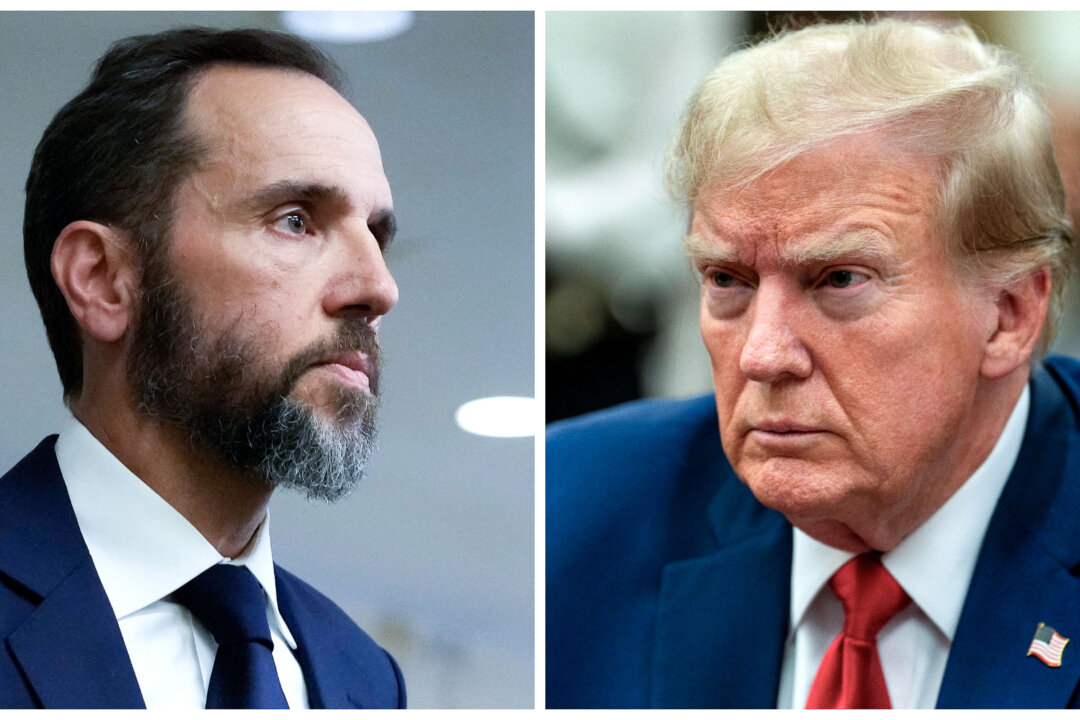Former President Donald Trump’s lawyers have again requested a federal judge to grant them access to classified documents slated for redaction in the government’s case against the ex-president. The lawyers rejected the special counsel’s argument that certain materials in the case are too sensitive to be disclosed, as per a court filing submitted in Florida on Wednesday.
The office of the special counsel, represented by Jack Smith, made the assertion that the ‘contours’ of the motion were too sensitive to be revealed to the former president, while also contending that certain unclassified paragraphs posed a risk of disclosing classified information if linked to the government’s Section 4 motion.
President Trump’s lawyers argued that the special counsel’s office failed to identify which paragraphs it was referencing and did not explain the supposed risks that would emerge from releasing these materials. They emphasized that the prosecution was catering excessively to the Intelligence Community’s preferences for covert filings.
In December of last year, President Trump’s attorneys sought access to the classified materials after they were filed under Section 4 of the Classified Information Procedures Act (CIPA) by the special counsel’s office. They contended that some of these materials were not actually classified.
The attorneys underscored that CIPA does not apply to unclassified information and, hence, there were no grounds for withholding these aspects of the office’s filing from cleared counsel. They also voiced concerns that it was unprecedented and improper for the special counsel’s office to try and withhold such information from the defense while using the prosecution to target the leading candidate in the 2024 presidential election.
The former president wants the presiding judge to instruct Smith’s office to grant them access to all submissions under CIPA Section 4, and to file those redacted materials on the public docket, as per the filing.
Wednesday’s filing was in response to a motion of opposition filed by federal prosecutors on December 20, 2023, asking U.S. District Judge Aileen Cannon to deny requests from President Trump and co-defendants Walt Nauta and Carlos De Oliveira, who were also charged in connection to the case. The prosecutors argued that the defendants failed to justify a deviation from the normal process.
Additionally, they refuted Trump attorney arguments that the former president had prior access to classified materials in his capacity as commander-in-chief. The prosecutors contended that having a classified security clearance did not automatically entitle an individual to classified information, and that no counsel or defendant had a need-to-know the information that the government sought to withhold.
Earlier this year, the former president was indicted on multiple counts, including retaining classified information, obstructing justice, and making false statements. The top charges carry a penalty of up to 20 years in prison. President Trump has denied any wrongdoing and has pleaded not guilty.
Judge Cannon had ruled in December that she would not delay the upcoming trial and set it for March 4, 2024. However, she extended other deadlines in the case and acknowledged the challenges in ensuring that President Trump had adequate time to prepare for the trial, especially given the overlaps with other legal matters. President Trump’s attorneys had requested a delay to review the large trove of evidence and to contend with scheduling challenges posed by other legal cases.
As it stands, President Trump is scheduled to stand trial in March 2024 in Washington on federal charges related to the 2020 election, and also faces additional charges in Georgia and New York. His legal team has argued that the large volume of evidence and the multiple trials make it difficult for them to prepare adequately.
The case has drawn significant attention, especially as the former president’s potential candidacy for the 2024 presidential election remains a subject of public interest. The legal battles continue to unfold, painting a tumultuous picture of the former president’s post-White House trajectory.




